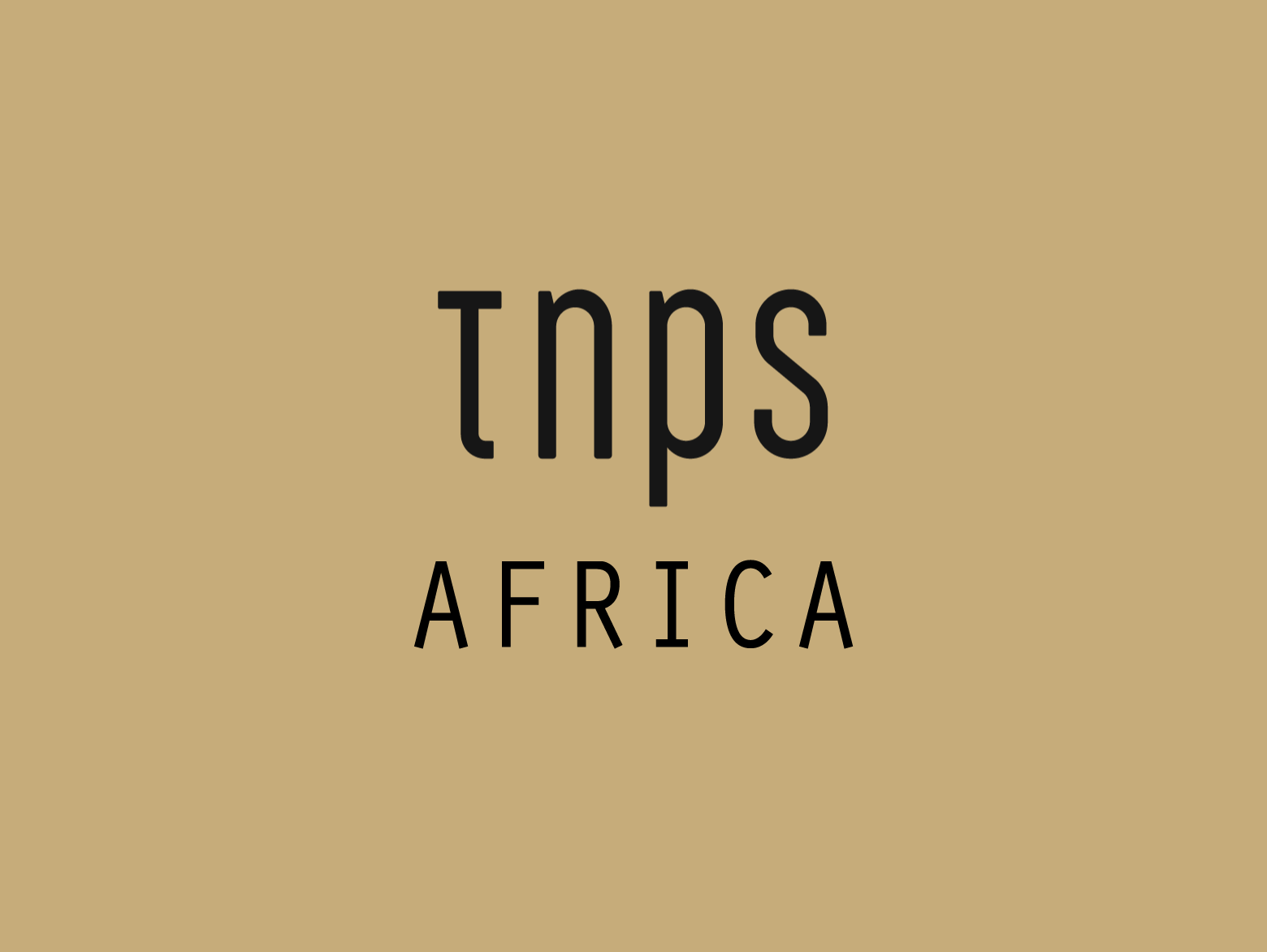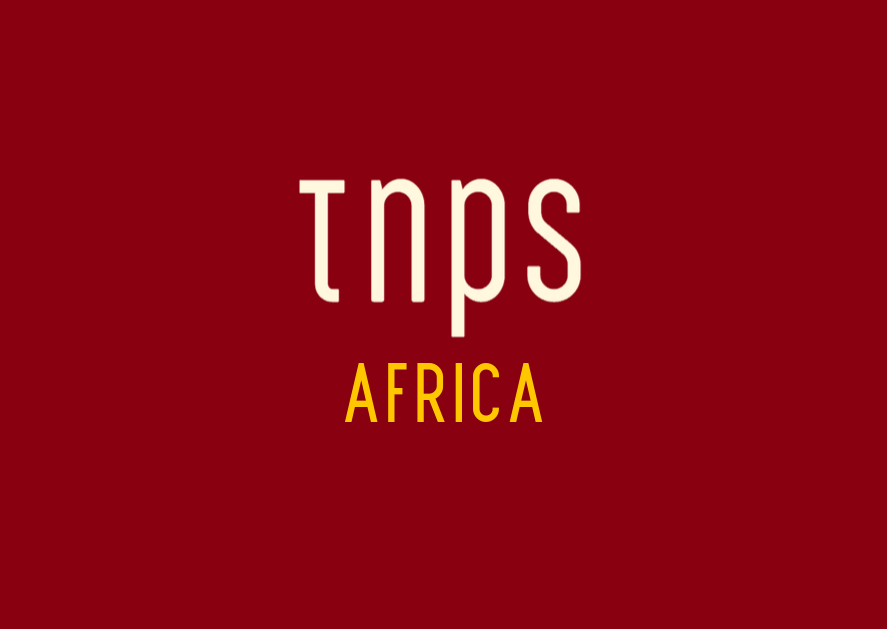
The 20th Nairobi International Book Fair wrapped up yesterday after a five-day event themed “United In Reading.”
But an otherwise colourful function in Kenya’s capital (the second-largest publishing fair in sub-Saharan Africa after Cape Town in South Africa), which was well-attended by both trade and the public (26,000 visitors), was overshadowed by the dark cloud of falling book sales, with VAT and piracy held responsible.
Kenya Publishers Association (KPA) Chairman Lawrence Njagi said the publishing industry has grown exponentially since 1972 when it was controlled by multinational companies from the United Kingdom, US and India and is now run by local publishing houses. But that all changed when a 16% VAT rate on books was introduced in 2013, making Kenya and South Africa the only two African nations that tax reading.
For an overview of the VAT issue in relation to Kenya’s publishing industry check out this post from Publishing Perspectives.
Overall publishing revenue is down 36% year on year, with VAT having consequences beyond simply deterring buyers. It is also encouraging piracy, as pirate booksellers, quite apart from stealing the work in the first place, don’t have to worry about VAT when they sell on their stolen wares.
After the recent political crisis with the problematic election it is hoped the new Kenyan government will deal with both issues and help Kenyan publishing get back on its feet.
An Anti-Piracy Bill sponsored by the Kenya Copyright Board (Kecobo) seeks to introduce more punitive measures against those caught pirating books. School textbooks especially are favourites for pirates.
The maximum fine for pirating a book is Sh800,000, which may deter some, but as Kecobo CEO Edward Sigei notes, “If a person is caught with pirated books worth Sh20 million, the most they can be fined is Sh800,000. That is a slap on the wrist.”
Among the key announcements at the NIBF was a new literary prize lined up for 2018. Centum Investments CEO James Mworia has pledged to partner with the Kenya Publishing Association to fund a literary prize for digital works, saying the digital sphere is “where the country is headed.”
The Centum award will become the third literary prize to be administered by KPA after the Text Book Centre Jomo Kenyatta Prize for Literature and the Wahome Mutahi Prize for Literature. The Burt Award for African Writing, whose prize is around Sh1 million, is no longer exclusively Kenyan as it allows writers from five other countries to take part.
The Centrum award will bring some focus to digital books in Kenya, so I’ll end this post with a brief look at Kenya’s digital potential.
As with so much of Africa, the big western retailers simply aren’t accessible in Kenya in any meaningful way, and while Kenya has one successful domestic ebook store, eKitabu is very much education-focussed.
While it’s unlikely Kenya is on the radar of Amazon’s Kindle or Apple’s iBooks, Kobo is at least accessible in Kenya, but the most likely contender from the Big 5 western ebook retailers is Google Play. My guess is Kenya and Nigeria will be on Google Play’s radar, along with Ghana, Cote d’Ivoire and Senegal, as next in line for Google Play’s sub-Saharan presence, currently limited to South Africa.
Worldreader is also there and I’ll be taking a closer look at Worldreader’s endeavours in Kenya in another post soon.
But the void currently left by the western ebook retailers in Africa is also an opportunity, both for smaller western players and for ambitious and deep-pocketed eastern digital players. China is investing heavily in Africa generally and in Kenya in particular, so it would come as no surprise if a player like Tencent jumped into the African ebook game.
But of course that begs the question, is Africa ready for e-commerce and e-books?
The answer to that may surprise some.
Improbable as it may seem, Africa already has more internet users than North America (388 million compared to 320 million as of June 2017) but where North America is at 88.1% penetration, leaving little room for growth, Africa is at just 31.2% penetration. Enormous room for growth, and with a fast-growing population, already at 1.2 billion, the room for growth is itself growing. And lest you think that an exaggeration, ponder this: Africa is expected to account for half the world’s population growth by 2050.
Looking at Kenya specifically, there are over 40 million people connected to the internet in Kenya, almost all on mobile. Great for e-reading!
That’s double the number of internet users in Australia. And as an aside Kenya also has faster internet than Australia.
Kenya – book sales fall as VAT and piracy bite. Does salvation lie with digital?



